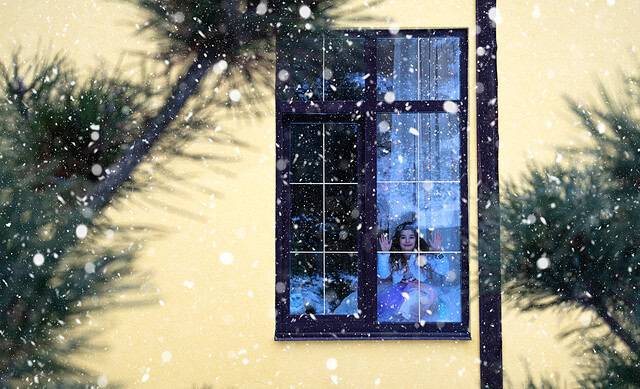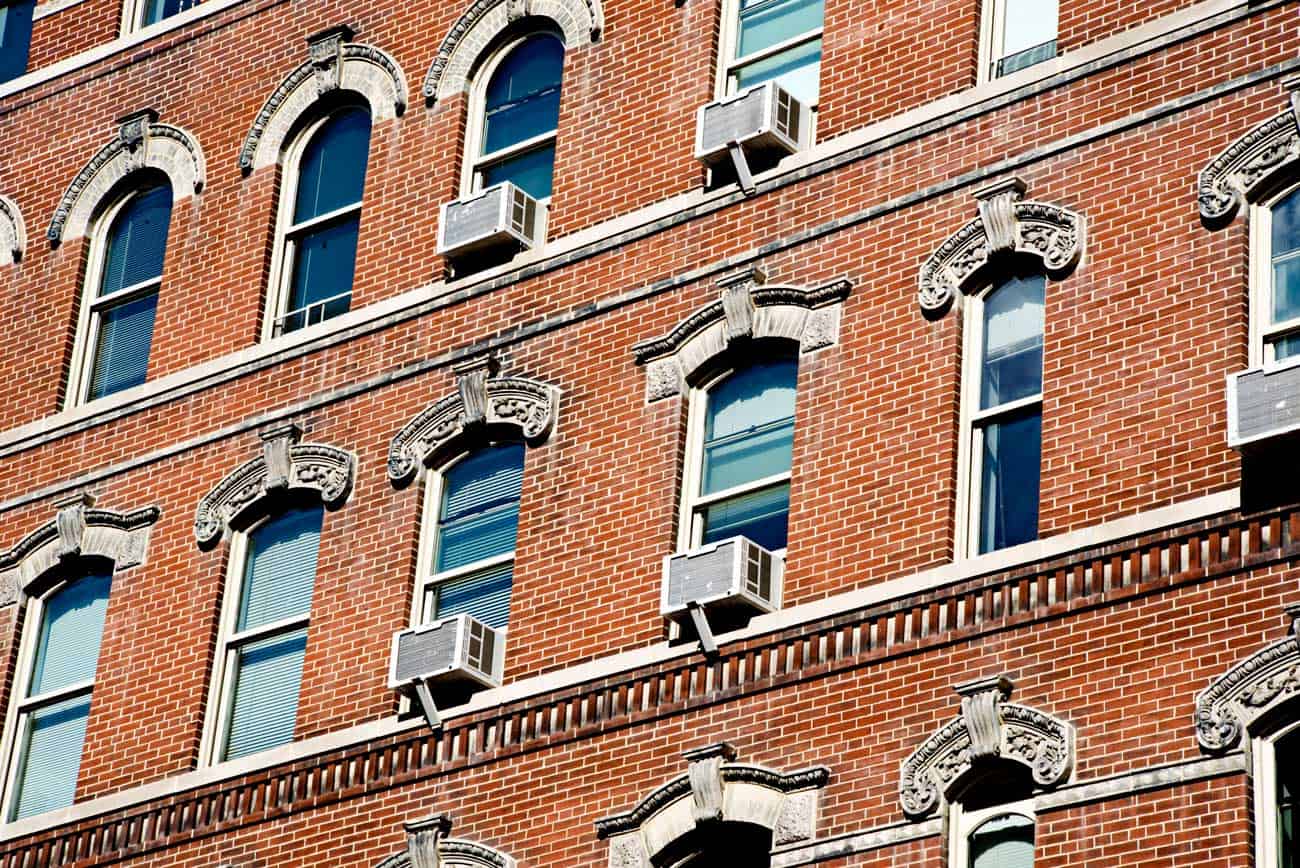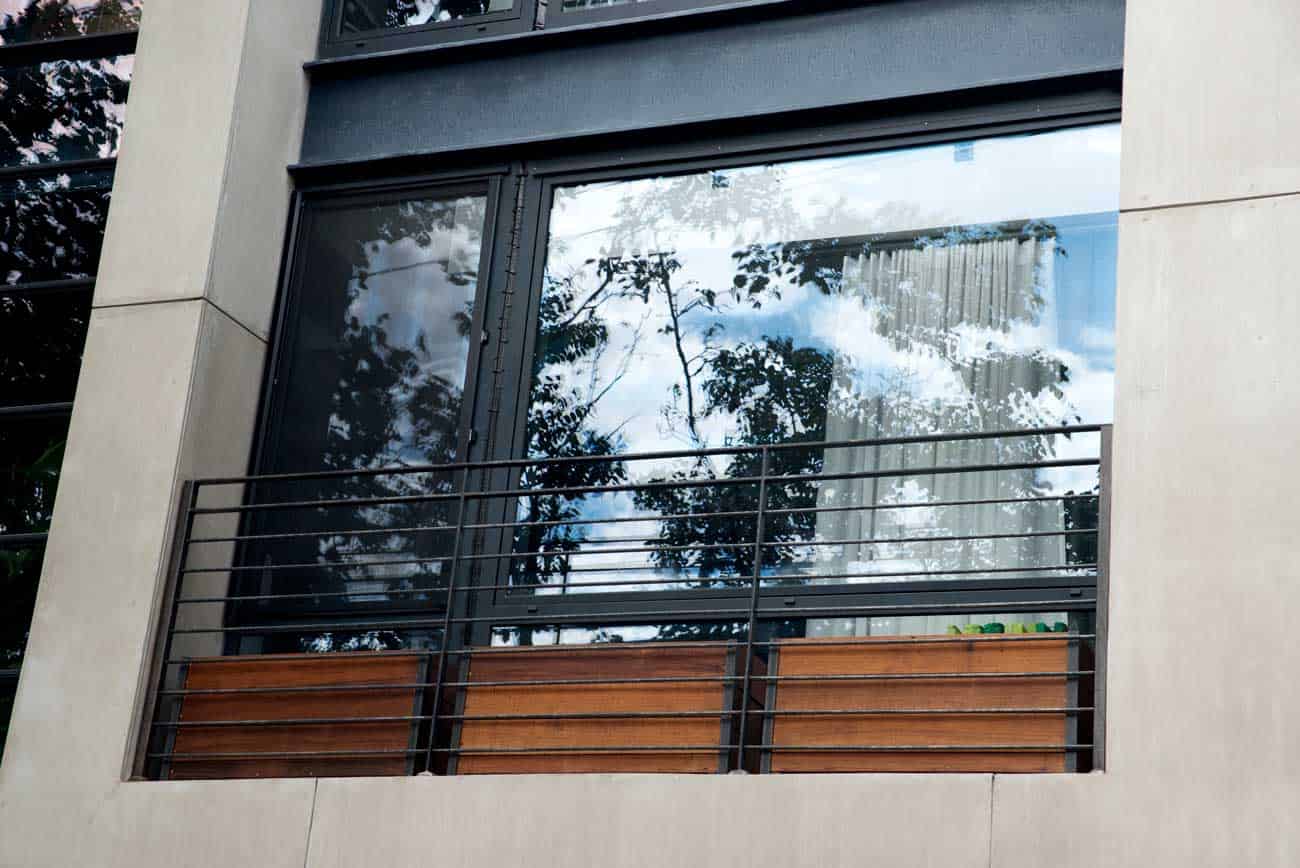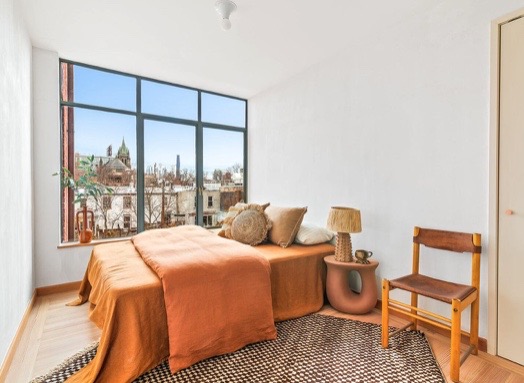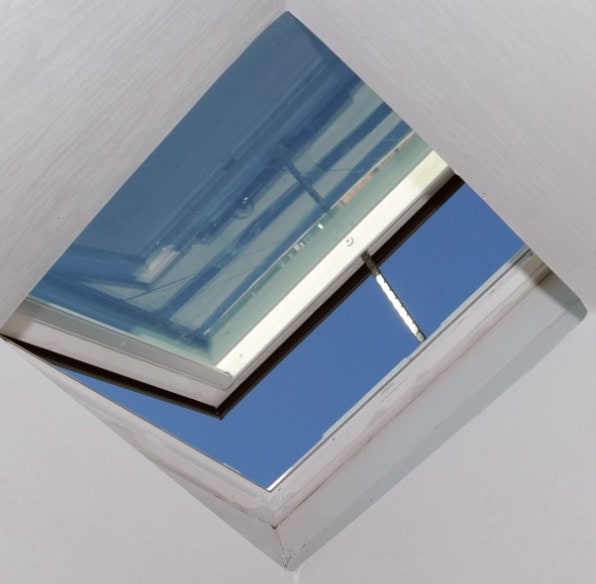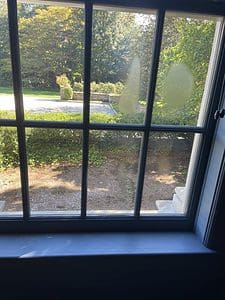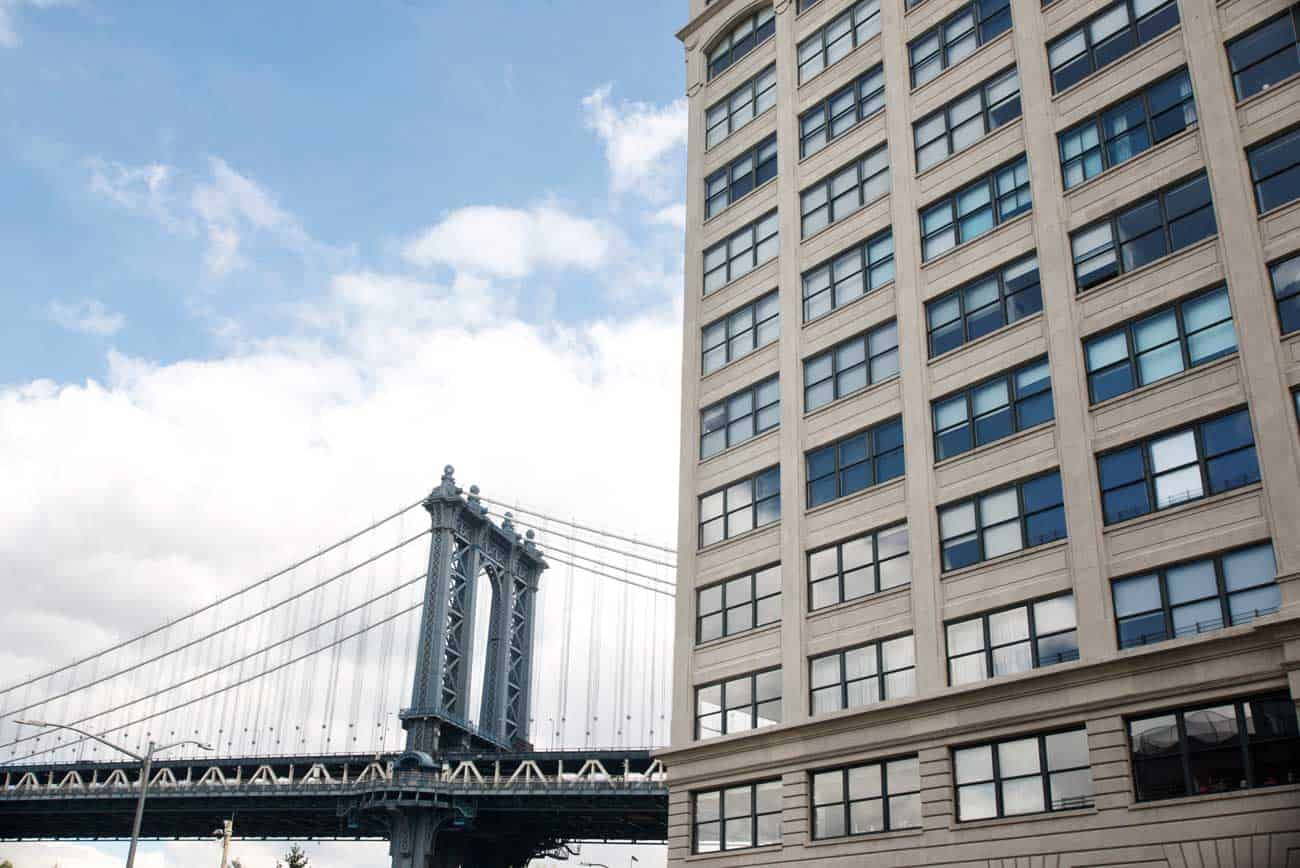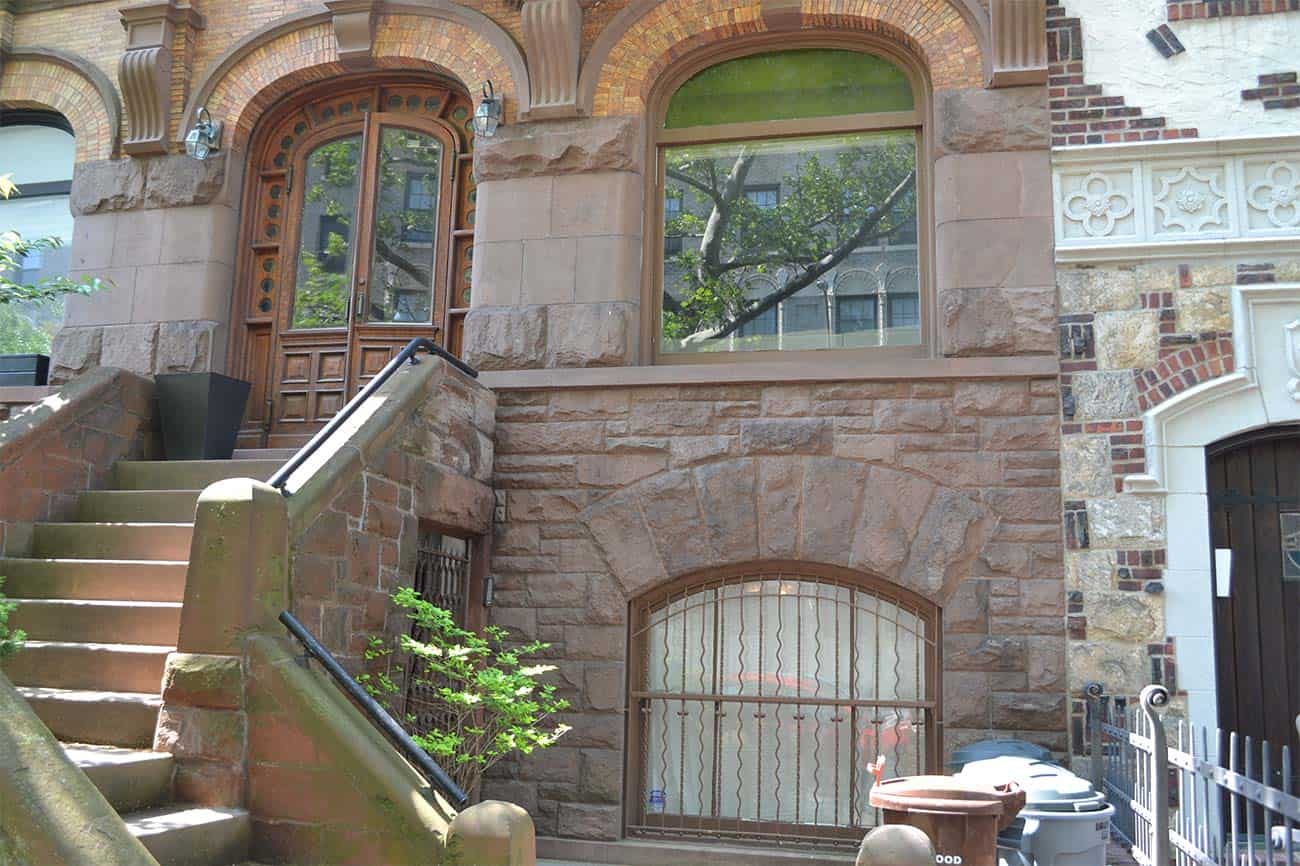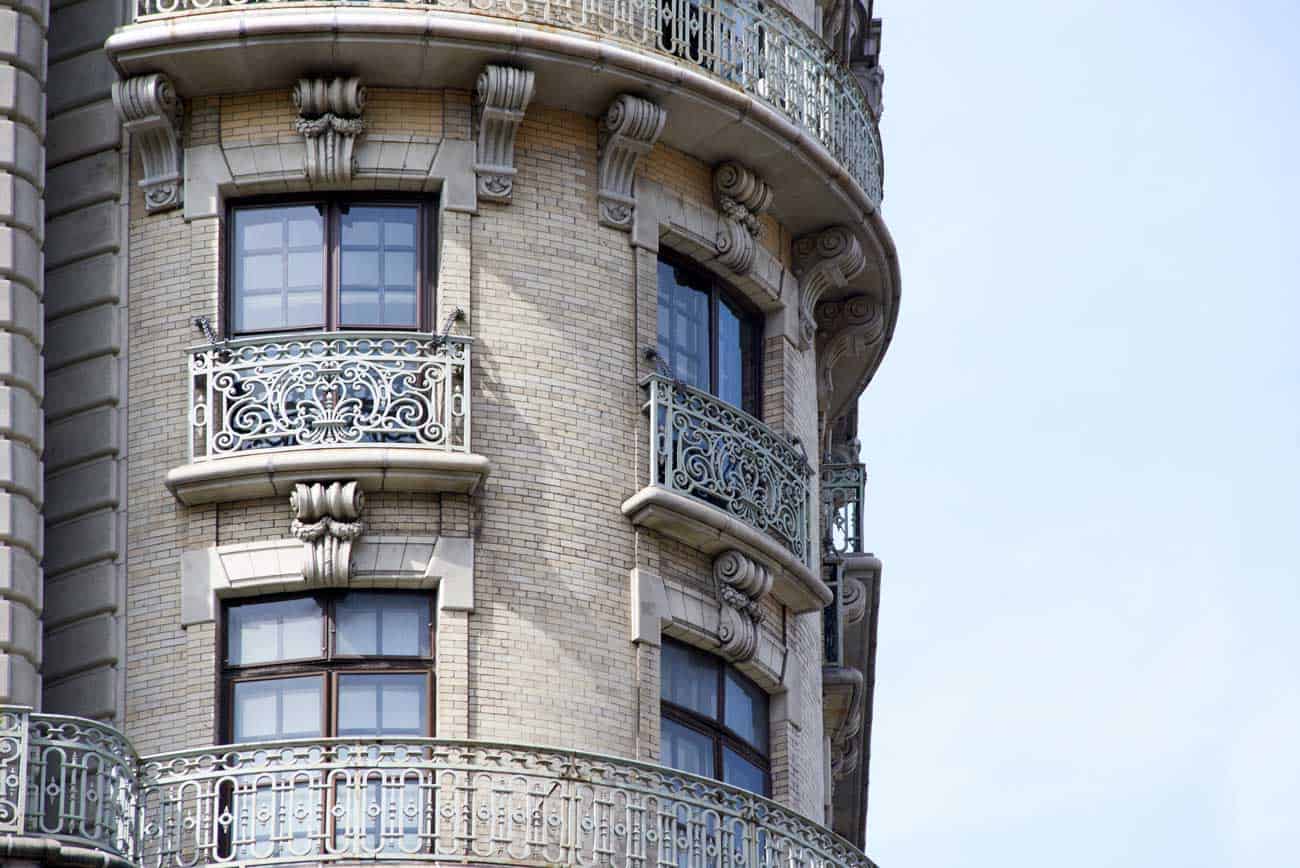When To Repair or Replace Windows
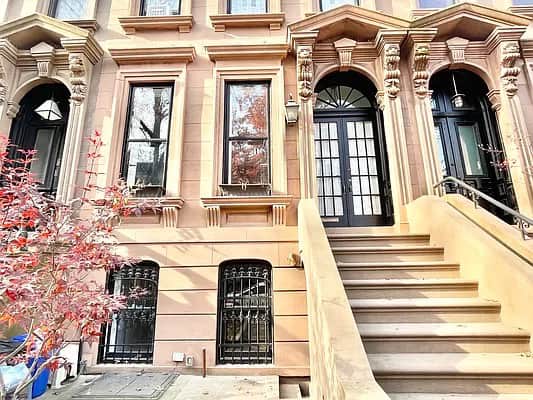
Repair or Replace?
Windows play a crucial role in any property, providing natural light, ventilation, and aesthetic appeal. However, over time, they may develop issues such as drafts, poor insulation, or outdated appearance, prompting the age-old question: repair or replace?
Repairing or replacing windows is a decision that homeowners and businesses often grapple with. On one hand, repairs may seem like a cost-effective solution, but they may only provide temporary fixes for underlying issues. On the other hand, replacing windows can offer long-term benefits such as improved energy efficiency, enhanced aesthetics, and increased property value. To navigate this dilemma effectively, let’s delve into the key factors that influence the decision-making process.
Cost Considerations:
When it comes to repairing vs. replacing windows, cost is often a primary concern for homeowners and businesses alike. Repairing windows may initially seem like the more affordable option, especially for minor issues such as hardware replacement or glass repair. However, it’s essential to consider the long-term cost implications. In some cases, repeated repairs can add up to exceed the cost of replacement over time. On the other hand, replacing windows involves a higher upfront investment but may yield greater savings in the long run by improving energy efficiency and reducing maintenance expenses.
Energy Efficiency:
Another crucial factor to consider is energy efficiency. Older windows may lack proper insulation, leading to drafts, air leakage, and increased heating and cooling bills. While repairs such as weatherstripping or caulking can help address these issues temporarily, they may not provide a comprehensive solution. Replacing windows with energy-efficient models, on the other hand, can significantly reduce energy consumption and improve comfort levels year-round. Look for features such as double or triple-pane glass, low-emissivity coatings, and insulated frames to maximize energy savings and minimize environmental impact.
Aesthetic Appeal:
The appearance of windows can significantly impact the overall aesthetic appeal of a property. Outdated or damaged windows can detract from the curb appeal and interior ambiance, diminishing the property’s value and appeal to potential buyers or clients. While repairs such as repainting or hardware replacement can enhance the appearance of existing windows, they may not fully address underlying structural issues or design flaws. In such cases, replacing windows with modern and stylish alternatives can transform the look and feel of a property, enhancing its visual appeal and marketability.
Functionality and Performance:
Windows that are difficult to operate, prone to condensation, or susceptible to noise pollution can detract from the overall functionality and performance of a property. While repairs may offer temporary fixes for these issues, they may not address underlying structural or design flaws. Replacing windows with high-quality, properly installed alternatives can improve functionality, enhance comfort levels, and reduce maintenance requirements over time. Look for features such as smooth operation, noise-reducing properties, and enhanced security features to maximize the performance of your windows.
Long-Term Value:
When weighing the pros and cons of repairing vs. replacing windows, it’s essential to consider the long-term value proposition. While repairs may offer immediate cost savings, they may only provide temporary fixes for underlying issues, leading to ongoing maintenance expenses and reduced property value. In contrast, replacing windows with energy-efficient, durable alternatives can offer long-term benefits such as improved comfort, reduced energy bills, and increased resale value. By investing in quality windows and professional installation, homeowners and businesses can enjoy peace of mind knowing that their investment will pay off in the long run.
Take Away:
Repairing vs. replacing windows is a decision that requires careful consideration of various factors, including cost, energy efficiency, aesthetic appeal, functionality, and long-term value. While repairs may offer immediate cost savings, they may only provide temporary fixes for underlying issues, leading to ongoing maintenance expenses and reduced property value. On the other hand, replacing windows with high-quality, energy-efficient alternatives can offer long-term benefits such as improved comfort, reduced energy bills, and increased resale value. By weighing the pros and cons and consulting with professionals as needed, homeowners and businesses can make informed decisions that align with their needs and goals.
